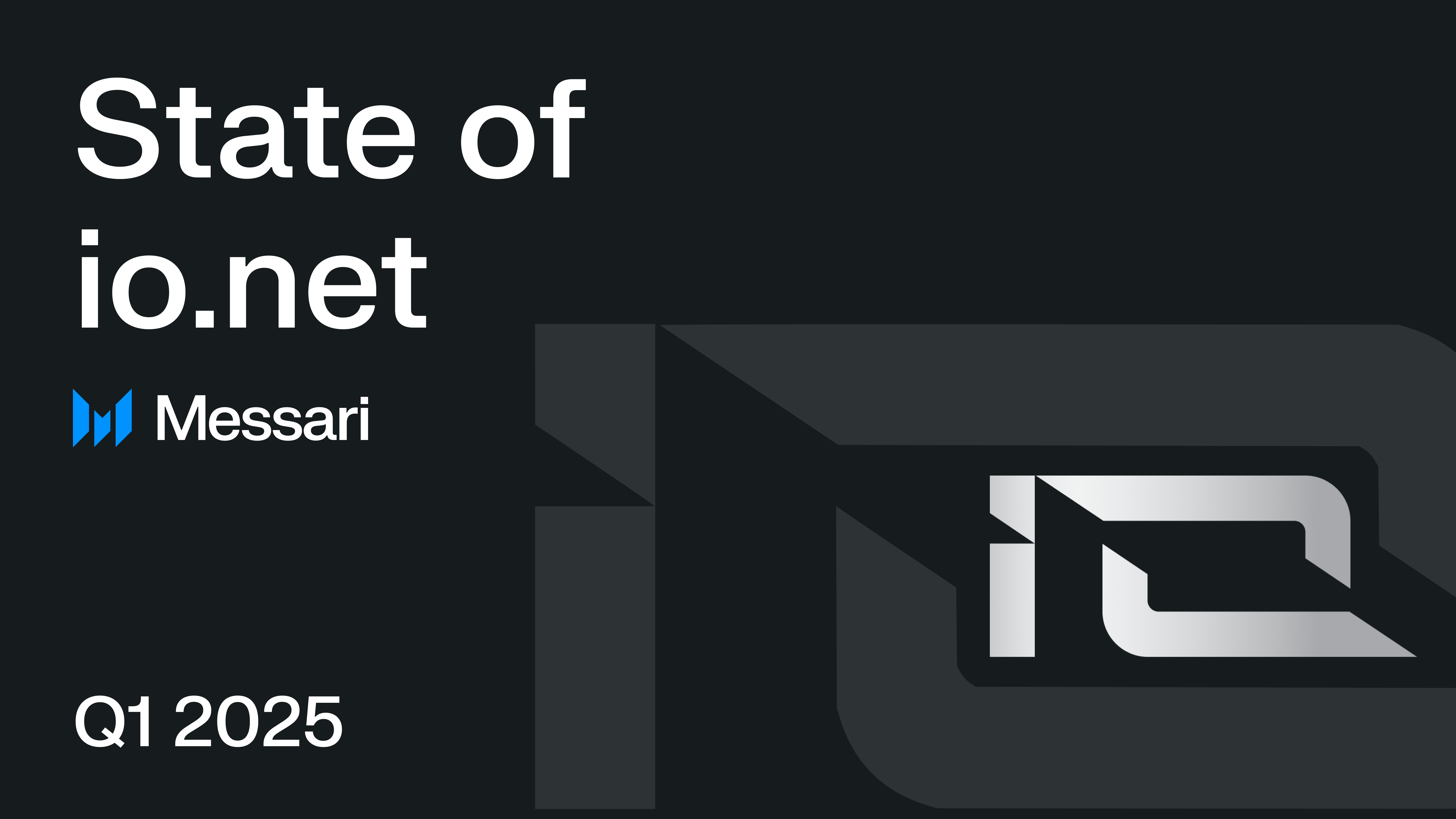Manta Network Partners with Aethir for Enhanced GPU Access

Manta Network has recently announced a strategic partnership with Aethir, a prominent decentralized cloud infrastructure provider. This collaboration aims to deliver high-performance GPU access to applications within the Manta Network ecosystem, significantly enhancing scalability and cost-efficiency. The partnership is particularly beneficial for resource-intensive applications in sectors such as artificial intelligence (AI) and gaming, where performance and cost are critical factors. By leveraging Aethir’s capabilities, Manta Network seeks to optimize the performance of applications while reducing operational costs, making it an attractive option for developers.
For developers building on the Manta Network, this partnership opens up new avenues for innovation. They can now utilize Aethir’s DePIN stack, which provides scalable and affordable high-performance computational power. This is especially advantageous for applications that require intensive processing, allowing developers to access robust computing resources without incurring the high expenses typically associated with centralized cloud services. The ability to expedite research and development will enable faster market entry and innovation, ultimately enhancing the overall performance of applications within the Manta Network ecosystem.
Aethir stands out as a pioneer in decentralized GPU-as-a-service platforms, specifically designed for AI and gaming applications. With a globally distributed network of over 43,000 GPUs, including more than 3,000 NVIDIA H100s, Aethir offers competitive pricing and exceptional computational resources. This decentralized approach minimizes latency and maximizes resource utilization, providing developers with an efficient and cost-effective solution for scaling their projects. Manta Network, recognized as the largest modular Layer 2 scaling solution on Ethereum, continues to attract significant investments and support, further solidifying its position in the web3 landscape.
Related News





